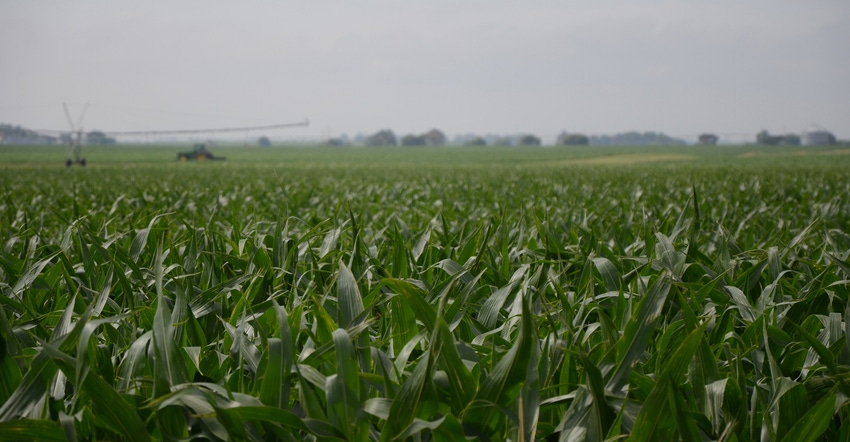April 13, 2020

Farming has always been an unpredictable business. Each year, factors such as weather conditions, market fluctuations and input prices can all lead to uncertainty. This year is shaping up to be no exception as the world grapples with COVID-19. This virus is particularly worrisome, as it spreads easily and symptoms can vary drastically among those infected.
Nebraska farmers have always been #NebraskaStrong, but when times get tough, the Nebraska Corn Board and the Nebraska Corn Growers Association recommend that all producers have a plan in place to help overcome any unexpected obstacles in their operations.
No one can learn the nuances of a farmer’s operation overnight, so being prepared can provide peace of mind in case something happens and also can help reduce stress for all involved.
Nebraska Corn has developed a checklist to help farmers establish their own management plan during challenging or busy times. All farmers are encouraged to take a few minutes to write their own plans and put them where they can be easily found. Copies also can be shared with trusted neighbors or friends.
Here is the checklist of things to do:
Protect yourself
Always take a second for safety; an extra second could save your life.
Wear proper PPE (personal protective equipment).
Drink plenty of water and get enough rest.
Make it a point to check in with family and loved ones regularly, even when spring gets hectic.
Practice gratitude.
Take time for yourself, even if it’s just a quick walk around the farm.
Monitor yourself for signs of stress, if you notice something, say something.
Follow all safety guidelines for equipment.
Gather general farm information
Make sure your plan includes the following information:
Hired help contact info and primary job responsibilities
Typical machinery dealership or repair services used
Crop adviser or farm manager names and phone numbers
Crop insurance agent name and phone number
Ag lender name and phone number
Field plans
Field names and locations; highlight in a plat book, if possible; note where the field entrance is and which side is best to start work
Intended crop
Seed varieties, where is the seed located, who is your seed dealer?
Planting rates
What still needs to be done? tillage, spring fertilizer, burndown
Who is your retailer for chemical and fertilizer?
Have spring chemical and nitrogen programs been finalized?
Stored crop plans
Which bins may need to be watched more closely than others?
Do you have any upcoming delivery contacts? With whom?
Does anyone help market your crops?
Livestock plans
Do you still have cows to calve? If so, list the calving routine and processing procedures.
Which pastures do you have cows at; where do cows need to go when the grass greens up?
Are there water needs?
Hay storage? Mineral and protein tubs?
Do you have feed brought in? Who is your supplier, and are the deliveries automatic?
What are your rations?
Who is your vet?
Hog barn routine? Clean-out procedures?
Who is your contact for who you grow for?
Where do you get your feed? Is it automatic?
Is there anyone you have come help for things such as load-out?
By carefully going through this checklist, farmers will be well-prepared for business as usual during difficult times. For more helpful information on COVID-19, visit the Nebraska Department of Agriculture or the National Corn Growers Association websites.
Source: Nebraska Corn Board, which is solely responsible for the information provided and is wholly owned by the source. Informa Business Media and all its subsidiaries are not responsible for any of the content contained in this information asset.
Read more about:
Covid 19You May Also Like




